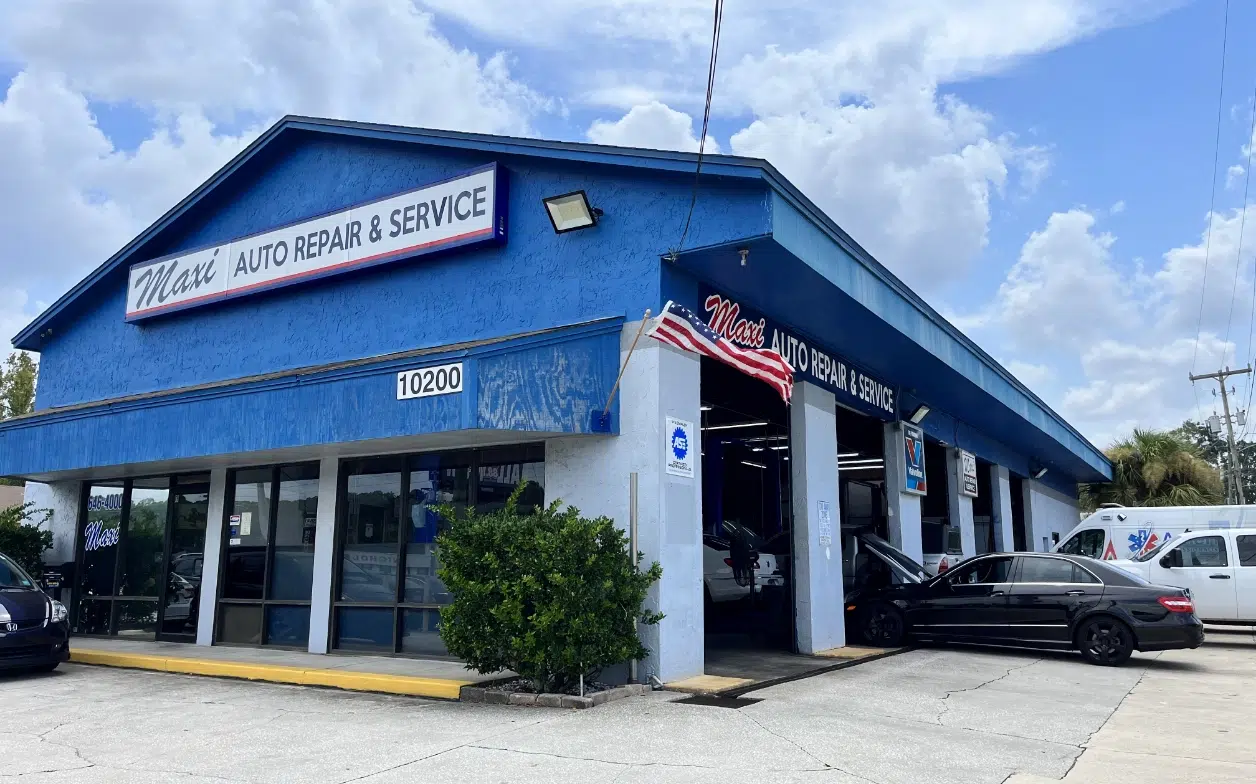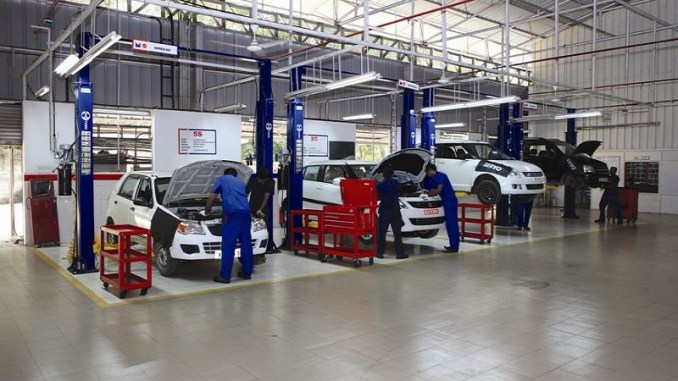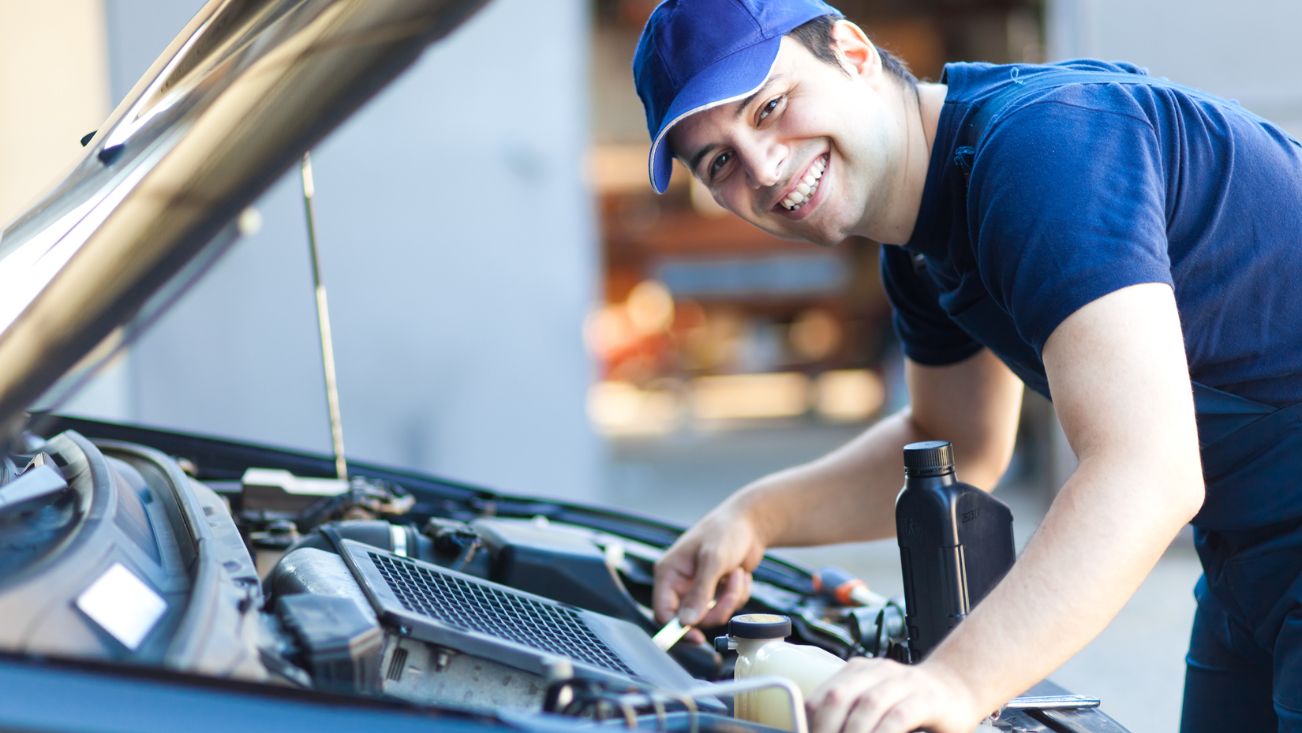All Categories
Featured
Your car is an essential part of your day-to-day live, and taking excellent treatment of it ensures that it serves you reliably for many years ahead. While modern cars are designed to be resilient, overlooking appropriate maintenance can result in unnecessary failures and pricey repair services. Below's exactly how you can maintain your car running longer and in peak condition.
- Stick To Routine Maintenance. The structure of a lasting automobile is routine upkeep. Follow your producer's suggested upkeep routine, which can typically be discovered in your automobile's owner's manual. Routine jobs like oil changes, tire turnings, and brake checks avoid deterioration and maintain your cars and truck executing optimally.
Overlooking oil changes is just one of the quickest ways to damage your engine. Clean oil makes sure correct lubrication and protects against overheating. Depending on your cars and truck and driving practices, oil adjustments are generally required every 3,000 to 5,000 miles or as defined by the producer.
- Examine and Renew Fluids. Your auto counts on a number of fluids to operate efficiently. These include engine oil, transmission fluid, coolant, brake fluid, and power steering fluid. Low or filthy liquids can result in engine overheating, sliding gears, and brake failure.
Make it a practice to examine liquid levels regularly. If you notice a significant decrease in fluid levels, it might show a leakage that needs immediate attention. Keeping liquids tidy and at the ideal degrees ensures your vehicle runs efficiently and stops expensive fixings.
- Keep an Eye on Your Tires. Tire maintenance is important for both safety and security and performance. Improperly filled with air tires can minimize fuel performance, create irregular wear, and raise the risk of blowouts. Inspect your tire pressure monthly and guarantee it matches the manufacturer's suggestions.
Revolving your tires every 5,000 to 7,500 miles promotes also wear and expands their life expectancy. Furthermore, evaluate your tires for any signs of damage, such as cuts, bulges, or low tread depth, and replace them when required.
- Replace Worn Parts on schedule. Overlooking worn-out parts can lead to larger issues down the roadway. Failing to change a used timing belt can result in engine failure. Worn brake pads can damage blades, leading to expensive fixings.
Be positive about changing parts such as ignition system, filters, and belts according to the supplier's standards. Utilizing high-quality substitute parts makes certain far better performance and longevity.
- Exercise Gentle Driving. The way you drive considerably impacts the lifespan of your automobile. Aggressive driving behaviors, such as rapid acceleration, unexpected stopping, and hard cornering, put extra anxiety on the engine, brakes, and tires.
Instead, take on smooth driving methods. Accelerate progressively, maintain a consistent rate, and brake carefully whenever feasible. This minimizes wear and tear on your vehicle's elements and improves fuel effectiveness.

- Secure Your Vehicle's Outside. Maintaining your auto tidy isn't nearly appearances-- it's concerning preventing damages. Dust, roadway salt, and gunk can create rust and rust, specifically in the undercarriage. Normal washing, particularly during wintertime or after driving on salted roadways, is important.
Waxing your vehicle every couple of months provides a protective layer versus ecological damage. In addition, park your car in a garage or use a car cover to shield it from severe weather and UV rays, which can fade the paint and damage the inside.
- Do Not Overlook Caution Indicators. Control panel warning lights are your auto's method of informing you something requires focus. Whether it's the check engine light, low oil stress, or tire stress caution, resolving these signals without delay can protect against minor issues from coming to be major repair work.
If you see unusual noises, vibrations, or modifications in your car's efficiency, do not disregard them. An expert technician can detect and deal with the trouble before it escalates.
- Shop Your Car Properly. If you're not utilizing your vehicle for a prolonged period, proper storage is essential. Maintain your automobile in an awesome, dry place to shield it from weather condition damages. Utilize a battery tender to preserve the battery cost and add a gas stabilizer to avoid the gas from weakening.

Beginning the auto periodically or taking it for a short drive can maintain all systems in working order and stop components from seizing up.
Final Thought: Uniformity Is Key. Maintaining your auto running longer doesn't need complex procedures-- simply consistency and attention to information. Treat your automobile with care, and it will certainly compensate you with dependability, much better performance, and years of reliable service.
Latest Posts
The Deauville Inn: A Bayside Tradition
Emphasizing Top Quality and Long-Term Worth
Full Circle Strategic Marketing - Modern Website Design That Turns Clicks into Sales
